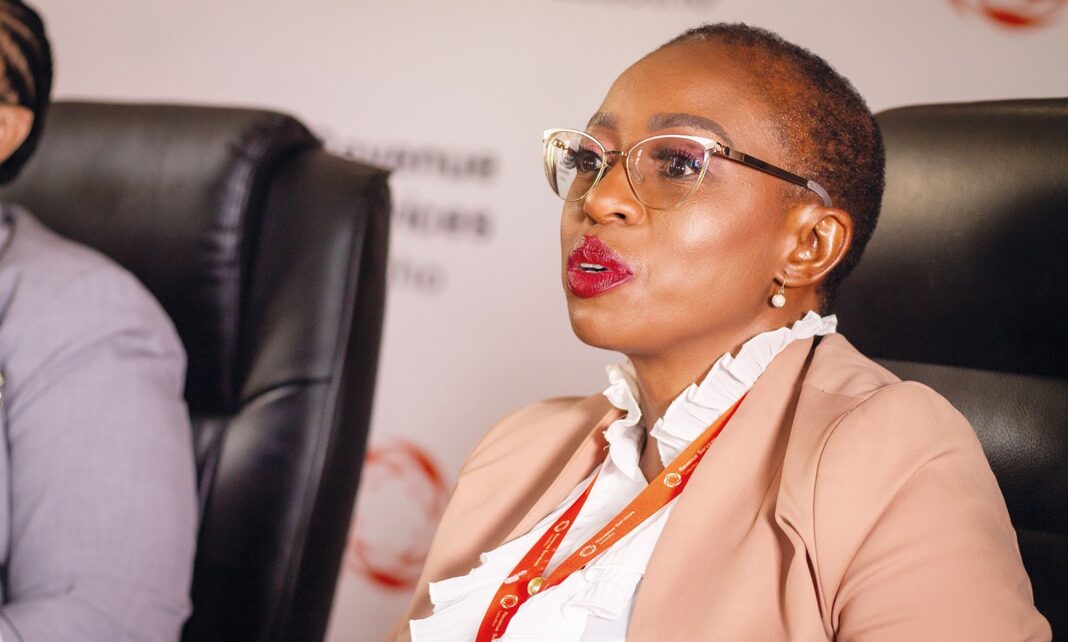The European Union (EU) Lesotho has provided training support to the Directorate on Corruption and Economic Offences (DCEO) by enhancing the skills of its investigators and prosecutors.
The assistance is aimed at complimenting the DCEO’s efforts to combat crime and recover assets obtained through corruption activities. The training focused on handling financial investigations and asset recovery.
Speaking at the closing ceremony of the training over the weekend, EU ambassador, Paola Amadei, said the capacity building project funded by the European Union aims to ensure that the citizens of Lesotho live in a society where their human rights and fundamental freedoms are protected and guaranteed.
“We wish to encourage all the investigators and prosecutors; as working for the DCEO calls for commitment and high levels of integrity to win the confidence of the public in the fight against serious economic offences.
“This training has come at an opportune time as the country has witnessed renewed impetus in the fight against corruption and the inherent commitment to restore integrity and ethical values within the public sector.
“It is worth mentioning that the support in the framework of the programme on the support to the reforms and governance also considered training judges and magistrates that preside over economic offence cases during prosecution,” Amadei noted.
Through the EU support, the 10 anti-corruption committees have been revived to support the fight against corruption.
“Financial crimes such as money laundering, corruption, and fraud pose significant threats to the economy of society. It is imperative that the DCEO is well-equipped to address these challenges effectively, ensuring that perpetrators are held accountable,” she pointed out.
On his part, director investigations at DCEO, Sefako Seema, acknowledged EU’s efforts in supporting and improving the capacity of the institution when handling complex economic crimes from investigation, prosecution, to asset recovery.
Seema highlighted that the training enhances capacity among the investigators and prosecutors, in handling serious economic offences with greater efficiency and precision.
“Corruption is a sophisticated system of financial and concealment and misappropriation. As anti-corruption practitioners, we need must constantly evolve our strategies to ensure we are one step ahead of corruption and recover assets resulting from these illicit activities,” he said.








